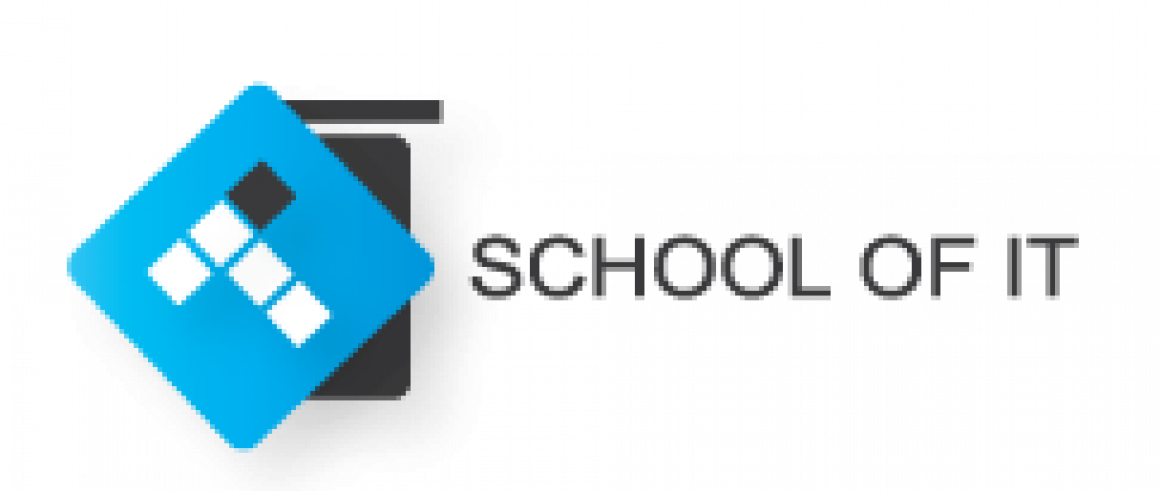20 Best Programming Languages in 2024 [Ultimate List]
![20 Best Programming Languages in 2024 [Ultimate List]](https://www.schoolofit.co.za/wp-content/uploads/2024/08/20-best-programming-languages-in-2024-ultimate-list-806x393.jpg)
20 Best Programming Languages in 2024 [Ultimate List]
August 9, 2024 Comments Off on 20 Best Programming Languages in 2024 [Ultimate List]20 Best Programming Languages in 2024 [Ultimate List]
20 Best Programming Languages in 2024 [Ultimate List]
With over 700 programming languages to choose from, you’re likely wondering which programming language is the best to learn. Your choice will ultimately depend on your skill level, career goals, and which languages employers are using in their organizations. To help you get started, here’s a curated list of the 20 best programming languages in 2024, considering their popularity, versatility, community support, and specific use cases.
1. Python
- Use Cases: Data science, machine learning, web development, automation, scripting.
- Why: Its simplicity and extensive libraries (like Pandas and TensorFlow) make it a favorite for both beginners and professionals.
2. JavaScript
- Use Cases: Front-end and back-end web development, mobile apps, game development.
- Why: Essential for web development, with frameworks like React, Angular, and Node.js enhancing its capabilities.
3. Java
- Use Cases: Enterprise applications, mobile apps (Android), server-side applications.
- Why: Its stability and scalability make it a long-standing favorite in large organizations.
4. C#
- Use Cases: Game development (Unity), desktop applications, web applications.
- Why: Microsoft support and integration with the .NET framework make it powerful for building Windows applications.
5. Go (Golang)
- Use Cases: Cloud services, microservices, network programming.
- Why: Known for its concurrency support and performance, making it ideal for high-demand applications.
6. Rust
- Use Cases: System programming, web assembly, embedded systems.
- Why: Prioritizes safety and performance, making it preferred for applications where security is critical.
7. TypeScript
- Use Cases: Large-scale web applications, front-end development.
- Why: A superset of JavaScript that adds static types, making code more predictable and maintainable.
8. Ruby
- Use Cases: Web applications, prototyping, script development.
- Why: Known for its elegant syntax, Ruby on Rails framework accelerates web development.
9. Swift
- Use Cases: iOS/macOS applications.
- Why: Designed for Apple ecosystems, it offers safety and performance improvements over Objective-C.
10. Kotlin
- Use Cases: Android development, server-side applications.
- Why: Officially supported by Google for Android development, known for its concise syntax and interoperability with Java.
11. PHP
- Use Cases: Web development, server-side scripting.
- Why: Still widely used for server-side web development, powering platforms like WordPress.
12. Dart
- Use Cases: Mobile apps (Flutter), web applications.
- Why: Optimized for building UIs, especially with the Flutter framework, making it popular for cross-platform mobile development.
13. Scala
- Use Cases: Data processing, concurrent applications, backend services.
- Why: Combines functional and object-oriented programming, often used with Apache Spark for big data processing.
14. R
- Use Cases: Data analysis, statistical computing, data visualization.
- Why: Preferred in academia and among data scientists for its statistical capabilities and visualization libraries.
15. Shell
- Use Cases: Scripting, automation, system administration.
- Why: Essential for automation tasks, especially in Unix/Linux environments.
16. Elixir
- Use Cases: Scalable web applications, real-time distributed systems.
- Why: Built on the Erlang VM, it’s excellent for high-availability applications and concurrent programming.
17. C++
- Use Cases: Game development, system/software development, performance-critical applications.
- Why: Offers fine control over system resources and is widely used in performance-intensive applications.
18. Objective-C
- Use Cases: Legacy iOS/macOS applications.
- Why: Although being replaced by Swift, it remains important for maintaining existing applications.
19. Haskell
- Use Cases: Academic research, advanced data processing.
- Why: A purely functional programming language known for its expressive type system.
20. Julia
- Use Cases: Scientific computing, numerical analysis, data science.
- Why: Designed for high-performance numerical and scientific computing, it combines the best features of Python, R, and C.
Conclusion
This list highlights the diverse programming languages that are shaping the tech landscape in 2024. Each language has unique strengths, making them suitable for various applications—from web development and data science to system programming and mobile app development. Choosing the right language often depends on your project requirements and personal or team expertise.
Overall if you solving problems, and need to actually understand programming, then a career in Software Development is for you! Thus with School of IT, you can become a internationally recognized and accredited after completing a coding related course in under 3 to 6 months!


